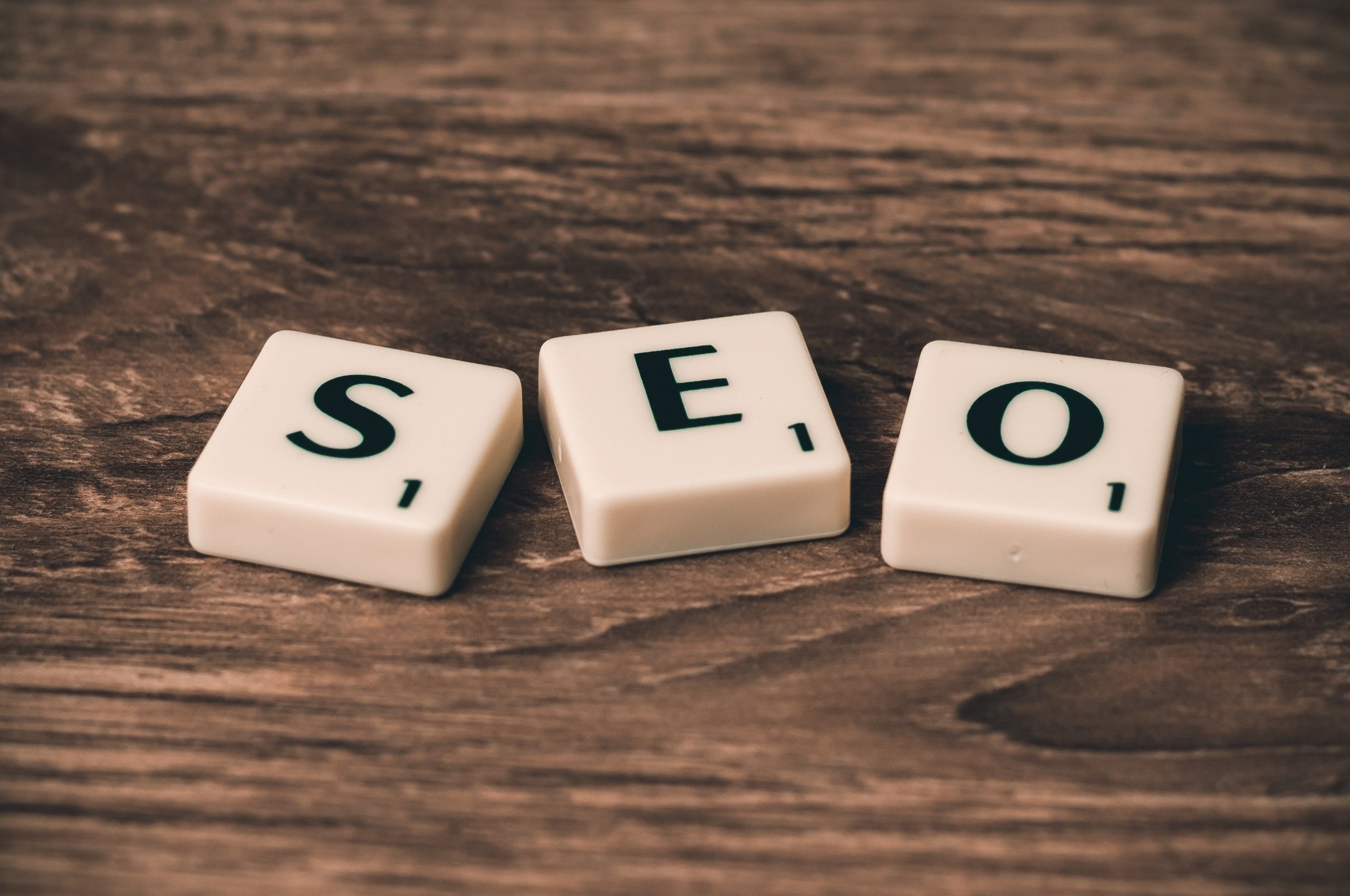


When replatforming your eCommerce store, it's essential to consider SEO to prevent losing your traffic and sales from search.
Google crawls your site regularly, indexing each page and considering ranking factors like content relevance and domain authority. Every time you update your site with new content, products, or collections, it may impact your rankings in organic search. Therefore, it's crucial to protect your organic footprint, which is essentially a collection of indexed URLs that Google crawls and sorts into its database. When you change your website from one CMS to another, such as from Magento to Shopify, your URLs will almost certainly change, making all your indexed URLs obsolete. Once Google realises this, it will quickly start deleting them, causing your organic footprint to turn to dust.
However, all is not lost.
Google appreciates that businesses will change their CMS from time to time and it doesn't want to harm you or the potential customer experience by deleting useful search results, so it offers you an easy solution to this situation known as a 301 redirect.
A 301 redirect is basically a 'traffic diversion' sign, instead of going here go this way instead. You create a virtual online sign post telling Google and online users to go to this new page instead of the old one.
Technical change is constant in eCommerce and migrating to platforms like Shopify is becoming increasingly popular, so a lot of businesses are facing these concerns every day. And they are doing it for good reason, Shopify is an incredible eCommerce platform that has many features to help you run your online business better, so the risks and effort associated with protected your organic SEO footprint are defintely worth it.
So we would recommend starting the process by crawling your existing site with a tool like Screaming Frog. This tool will give you a complete view of the urls that are indexed when a bot crawls your site along with the status of those urls, so whether there's any errors/broken links). The problem that when you look at this list is, it can be quite overwhelming, it may run into the 1000s.
So, how can you first determine which URLs are your most important?
We would recommend that you cross-reference this list to an export from your Google Analytics data of urls which have received an organic landing visit in the last 90 days. These are your most important pages! These are URLs which are obviously indexed and ranked enough to get organic traffic. Make sure these are reviewed first and that page by page a new redirect to the new site is determined.
It sounds crazy but yes we see it all the time! All your images are hosted on their own urls, typically in what is known as the media library of your CMS. When you redirect blog and other static pages to a new site you will need redirect all these URLs as well, otherwise the new static pages will be full of broken images. This will not only negatively imapct the rank of the page itself but will negatively impact the whole site because Google will likely determine that the site is in poor health and it will weigh down on the ranking of all your pages.
Our tip here is to keep all the image file names the same. This means the only thing you would likely need to change in the new URL is the root domain of the new CMS's media library.
Ensuring that all written content on your website is indexable is imperative. A neat and optimised headings structure (H1, H2, H3 etc.) gives Google context on what your page is about, so ensure your page is also relevant to users search intent. Your URL structure is not exempt from optimisation after all. Optimising your website fully before launch will give you the best chance of success when you fully migrate to the Shopify platform.
If your URLs change, you will want to give Google a heads up. Using redirects, map all of your old links, to the optimised ones on your new site. Using a 301 redirect tells Google that a page has moved forever and that users clicking on an old link should be redirected to the new URL. 301 redirects may be your most important SEO consideration when replatforming, the most common reason for a loss of organic traffic when migrating is improperly implemented redirects.
You should view the process of replatforming positively when it comes to your SEO. It's opportunity, whilst you're taking a very active look at your SEO performance, to spot the areas where there are clear opportunities to improve. So the relaunch is not just about protection of your SEO footprint, but a chance to really turbo charge it. For example, you may have pages ranking for keywords on Page 2 of Google that, with a bit of optimisation or restructuring can be pushed to Page 1.
Finally, just to say, approach the process with a positive mindset. At Cake Agency we always view replatforming projects as chance to improve your SEO performance not just protect it.
And if you'd like to learn more about how we can help you migrate your eCommerce store, contact us!